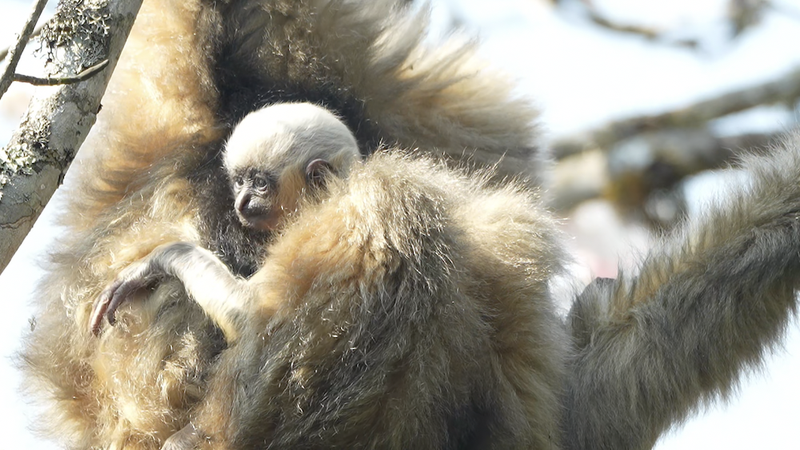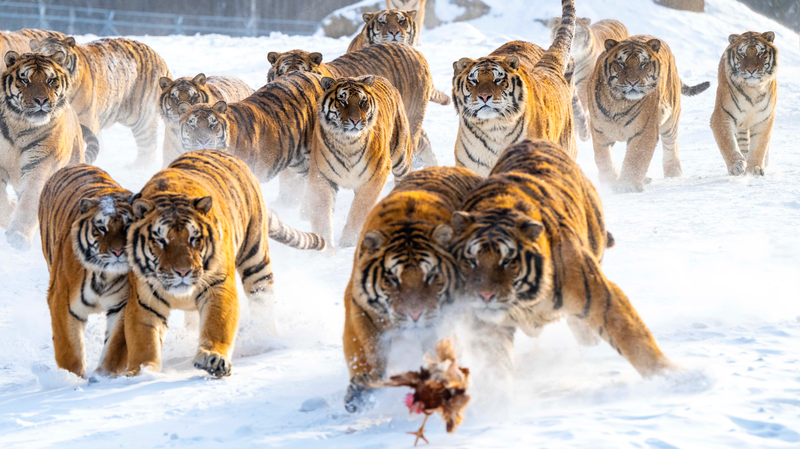International Gibbon Day on October 24 offers a global reminder that in Yunnan's Ailao Mountains – part of the Chinese mainland's biodiversity hotspot – something extraordinary is unfolding. Researchers monitoring western black crested gibbons, a critically endangered species, recorded two newborns this year, marking a significant win for conservation.
Under first-class national protection in the Chinese mainland, these rare primates reproduce only once every 3 to 5 years and reach maturity around age eight. In 2020, monitoring teams tallied about 270 individuals in the Chuxiong area of the Ailao Mountain National Nature Reserve, highlighting steady progress thanks to long-term field work.
The gibbons are true omnivores. Their diet shifts with the seasons, featuring berries and young leaves at peak harvest times, plus insects and bird eggs when they can find them. On rare occasions, they even catch flying squirrels high in the canopy. This adaptability mirrors the rich biodiversity of the Ailao Mountains, where each layer of forest supports countless species.
These new arrivals remind us why ongoing research and habitat protection matter. As jungles face growing pressure worldwide, success stories like this offer hope and a blueprint for safeguarding nature's most vulnerable treasures.
Reference(s):
Western black crested gibbons thrive in Yunnan's Ailao Mountains
cgtn.com




